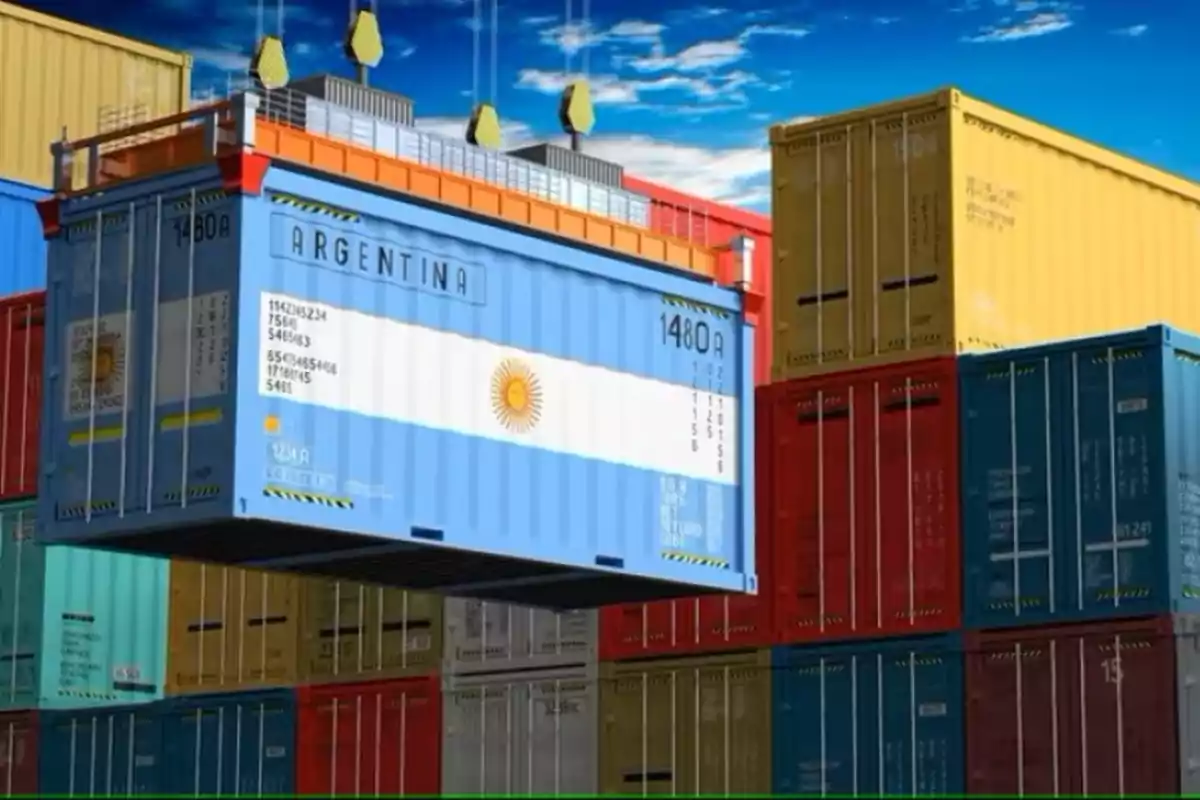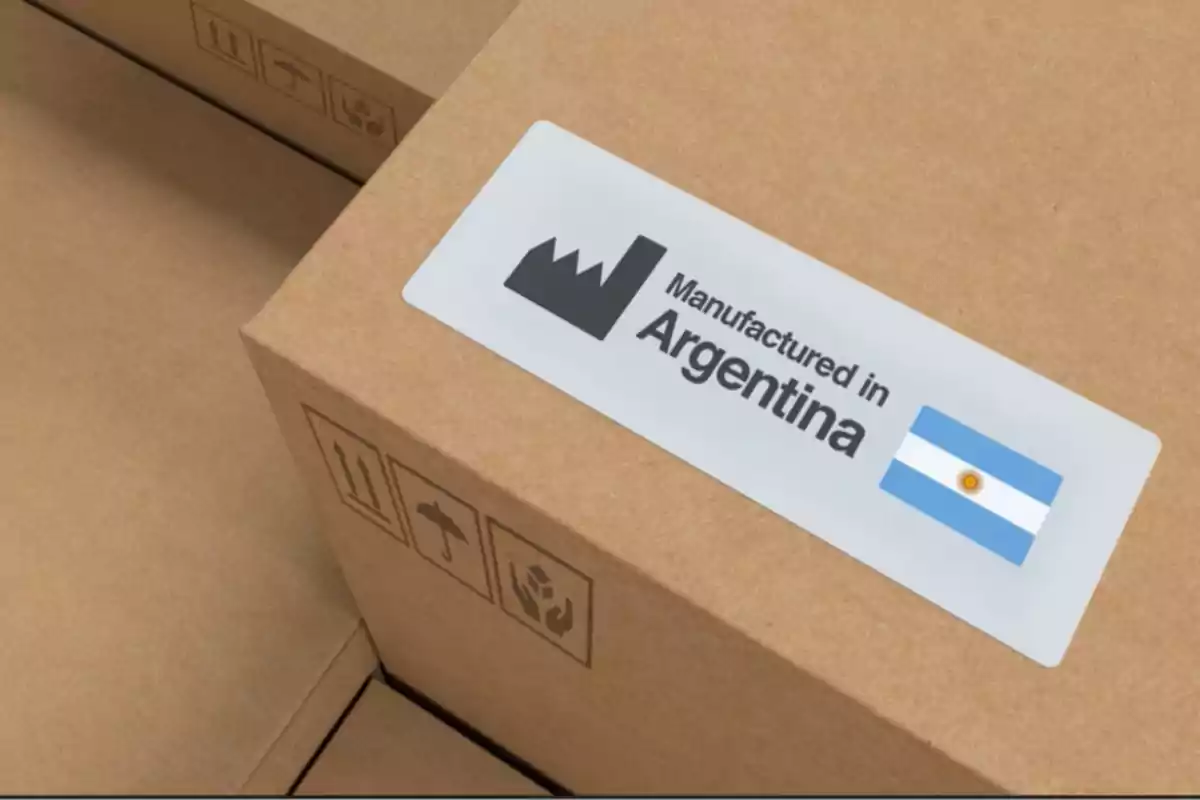
After removing the withholdings, the government received praise from the industrial business sector.
The Government eliminates export duties on more than 4,400 industrial products and receives strong support from the business sector
In a challenging international context and with decades of accumulated distortions, the Government of Javier Milei implemented one of the most anticipated reforms by the industrial sector: the elimination of Export Duties (DEX) for more than 4,400 industrial origin products. The measure, long requested by business chambers and exporting SMEs, represents a turning point in Argentine trade policy and reinforces the Executive's commitment to economic freedom and the recovery of competitiveness.
The Chamber of Exporters of the Argentine Republic (CERA) was quick to express its support for what it called "a key step" to reverse more than a decade of export decline. "We consider it a key step, after more than a decade of sustained decline in industrial exports and a worrying decrease in the participation of exporting SMEs, now below the average of less developed countries", the entity stated. With this decision, 3,580 exporting companies will stop paying between 3.5% and 5% tax when selling abroad.

The impact is not minor: the products now freed from withholdings caused, only in 2024, exports worth an accumulated 3.804 billion dollars. Among them are high value-added goods such as agricultural machinery, auto parts, cosmetics, pharmaceuticals, optics, metals, plastics, pumps, valves, gears, tubes, and cables, among many others.
For CERA, the move has a "moderate" fiscal cost but an indisputable strategic importance. "A tax that practically no other country applies is eliminated. Moreover, the opportunity seems appropriate in a highly challenging international context, where there is no room to export taxes", they emphasized. Even acknowledging that "there is still a way to go," the entity emphatically valued "the correction of the course and the fulfillment of the commitments made."
Support was also immediate from other major business institutions. The Argentine Industrial Union (UIA), through its president Martín Rappallini, celebrated the measure as "a small big step on the path to competitiveness." In statements, Rappallini stressed that it was a historic demand of the industrial center. "Exporting Argentine labor with withholdings is contradictory. Very few countries apply these charges, and even fewer to their industries. I celebrate that it has been reversed", he stated. He also warned about the structural distortions dragging the value chain: "When we talk about high prices, it's not just because of inflation: there are accumulated distortions throughout the value chain that inflate the Argentine cost."

The UIA had already warned in a recent report that "industrial exports are stagnant and have declined compared to the previous decade", highlighting that the base of exporting companies has drastically reduced, and that DEX especially punishes the industry with higher added value. "Argentina is one of the few countries in the world that applies DEX to value-added exports", the document noted.
The president of the Argentine Chamber of Commerce and Services (CAC), Natalio Mario Grinman, also applauded the decision of the Minister of Economy, Luis Caputo."We very positively received the announcement by Minister Caputo regarding the elimination of export duties on various products", he stated. And he went further: "For long decades, the Argentine economy has suffered from two significant evils: an oversized state, which suffocates the private sector with taxes; and a marked closure to the world, which limits our foreign trade. This measure happily collaborates with the reversal of both scourges."
More posts: